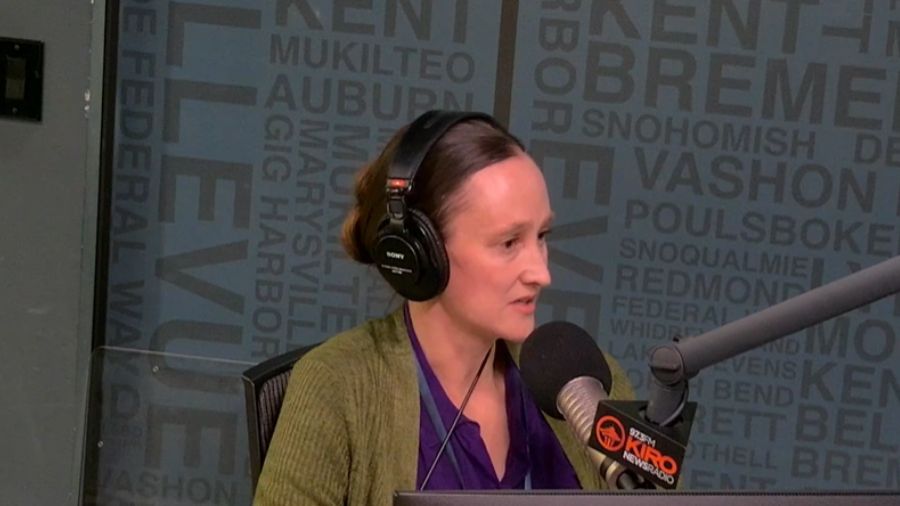Harger: WA families continue to shoulder the cost of the Climate Commitment Act
Sep 16, 2025, 6:40 AM | Updated: 2:43 pm
We were just talking about this on Aug. 26. Back then, I told you Washington drivers had already paid about $4 billion more for gas under the Climate Commitment Act. Nearly $700 per driver.
And now, here we are again. Things are getting even more expensive.
Gas averages $4.66 a gallon here now. The national average is $3.18. Washington is now No. 1, surpassing California for the highest gas prices in the country.
Why? The state just held another carbon auction. It happened earlier this month. And just like that, gas prices jumped. Already up a quarter a gallon, with it going up a total of 50 cents or more when this all gets priced in.
Oil companies bid on units of carbon they would be allowed to emit, pay the state, and then pass the cost right along to customers. So while Olympia gets the cash, you get the bill at the pump.
Of course, the oil companies are not going to just say, “We will eat that cost.” No. They hand it to you with a smile. Same playbook with tariffs. Politicians say companies will pay, but somehow, Christmas gift receipts this year will tell a different story. But that is for another commentary.
When it comes to gas prices, you are covering the cost of that auction.
Climate Commitment Act hits the people who can least afford it the hardest
The nurse driving from Federal Way to Swedish Hospital. The contractor hauling gear from Monroe. The single mom in Tacoma working two jobs in a 10-year-old car. They can’t just buy a Tesla or lease an EV. For them, this is not abstract. It is $15-20 more every single week.
And $20 might not sound like much in Olympia. But at minimum wage, that is more than an hour of pay. For someone living paycheck to paycheck, that’s a bag of groceries. It’s diapers and wipes.
Defenders of the program call it a market-based system that finally makes polluters pay the true cost. They point to where the money goes: free transit for kids, electric school buses, charging stations, clean energy. And yes, those are worthy projects.
But the larger reality has not changed since the last time we talked. Washington accounts for less than two-tenths of 1% of global emissions. We could park every car in the state tomorrow, and the planet would not notice. Meanwhile, China is still firing up new coal plants. Each one wipes out in weeks what we spend billions trying to save in a year.
That is why experts keep saying climate change cannot be solved by one medium-sized state. It has to be national. It has to be international. Otherwise, Washington families are paying billions for what feels like symbolic progress.
Get ready. The next auction is next month. Then another in November. Which means, like clockwork, another bump in gas prices right after that.
We were promised pennies and cleaner air. Instead, we got the highest gas prices in America. And working families are left with the receipt.
Charlie Harger is the host of “Seattle’s Morning News” on KIRO Newsradio. You can read more of his stories and commentaries here. Follow Charlie on X and email him here.















